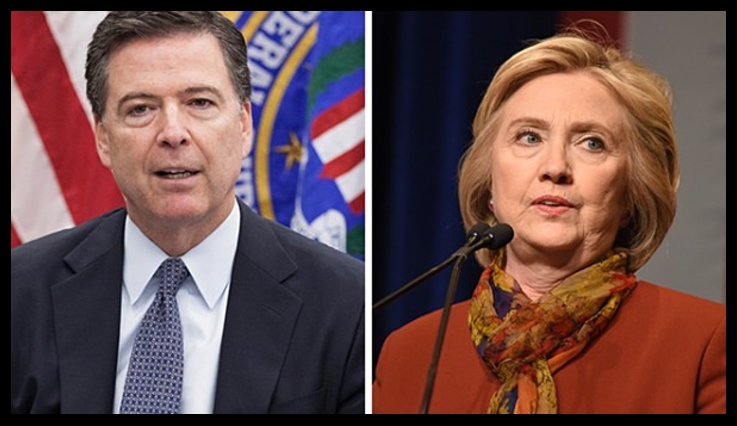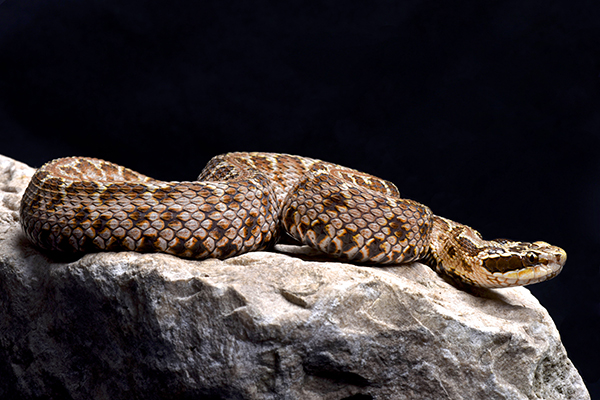
Getting bitten by a snake is a scary event. And unlike the depiction in the movies, the only way to treat a venomous snake bite is through antivenom. Forget about sucking out the venom or applying tourniquet – those actions will only make things worse. (h/t to LiveScience.com)
A common mistake is that some snake species are poisonous; they are, in fact, venomous. The difference lies in the method of delivery. Venom is inserted or injected into the bloodstream using fangs, stings and other pointed objects. On the other hand, poison is administered through inhalation, ingestion or physical contact (touch).
Around three million people across the world are "poisoned" through a snake bite. Without proper medical help, it can lead to fatal medical emergencies, including organ failure, paralysis and even death. If a person is bitten by a snake, keep a look-out for the following symptoms:
- Blistering
- Blurred vision
- Diarrhea
- Difficulty breathing
- Dizziness
- Increased heart rate
- Intense or moderate pain
- Low blood pressure
- Nausea
- Redness
- Shock
- Sweating
- Swelling
- Thirst
- Vomiting
- Warmth around the wound
What you should do
If you (or someone else) have been bitten by a snake:
1. Get medical help immediately
Understand that antivenom is the only medication that can stop the spread and effects of venom. Call for emergency dispatch or head to the hospital. Doing anything else may only aggravate the situation. A healthcare professional may administer more antivenom depending on the severity of the side effects. (Related: Could “miracle” molecule make humans bulletproof against snake bites?)
2. Prevent the spread of the venom
Snake bites often happen on the legs or the arms. While waiting for help or en route to the hospital, keep the affected limb at heart level and avoid moving it too much. You cannot fully stop the venom from spreading, but you can delay it until you get help.
3. Describe the snake in detail
Medical professionals could help you quicker if you could describe what kind of snake bit you. In Asia, for example, medications depend on the snake species. Do your best to recall as many details about the snake as possible.
What you should not do
Popular culture has established unrealistic methods for dealing with snake bites. Unlike what's seen on the screen, people have to be exceedingly careful in real life.
1. Do not panic
The first thing to do is to calm down. Panicking increases your heart rate, which will hasten the spread of venom from the injury site.
2. Do not run after the snake
Some people, as an act of defense, may run after the snake in an attempt to kill it. Don't waste precious time doing this. Instead of running after the snake, look after the person who got bitten. A snake bite requires urgent medical help, so every second counts.
3. Do not try to remove the venom yourself
Whether through the mouth or a suction device, do not suck on the bitten area – it will not remove the venom. Once a snake bites, the venom immediately floods the body's tissues.
Cutting the wound is another fatal mistake. Again, this method will neither stop the spread nor remove the venom. It may only aggravate the injury by cutting out a tendon or tissue.
4. Do not apply ice, heat or a tourniquet
Restricting blood flow using a tourniquet will only make the venom more potent in that area, which can further damage to the tissues. Applying ice or heat may not help as well and only make things worse.
5. Do not drink alcohol, caffeine, eat or take medications
After a snake bite, you need to take an antivenom. Consuming anything before that might delay its effects or worse, influence the spread and effects of the venom.
It's important to remember that when you're out in the wild, you'll be sharing the space with wild animals. The best protection against a snake bite is prevention. While out on the trail, wear thick boots and pants for protection. More importantly, learn about potential snakes living in the designated hiking area.
Read more on how to deal with snake bites and other hiking injuries at BugOut.news.
Sources include:
Please contact us for more information.
















